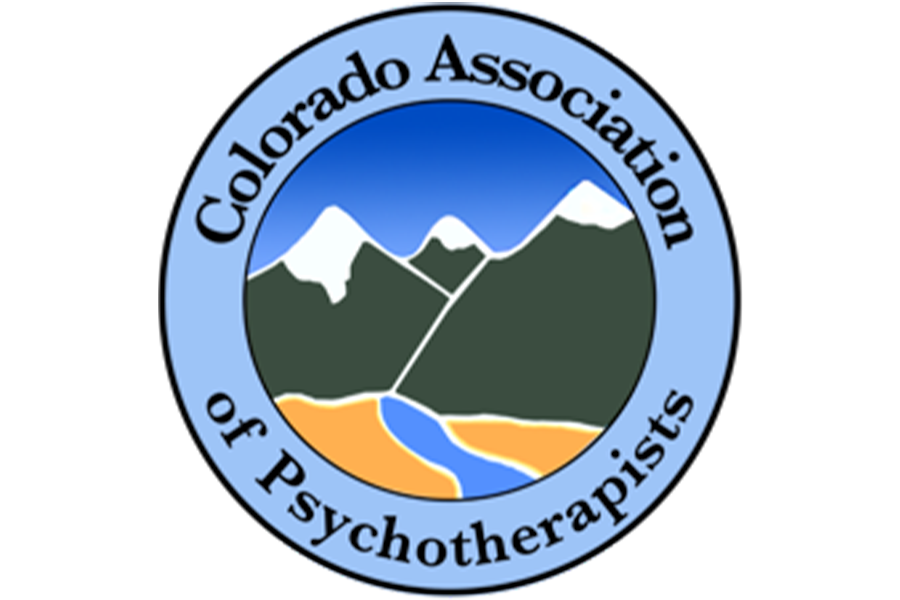The word “family” can evoke a myriad of emotions and memories, each as unique as the individual who experiences them. Family dynamics are complex, shaped by the interactions and relationships among its members. From the oldest sibling to the youngest, each plays a role in shaping the family dynamic, and understanding these roles is crucial for navigating the intricate tapestry of familial relationships.
In many families, the oldest child assumes a position of authority or leadership, often feeling resentful of the arrival of younger siblings. They may take on the role of caretaker, feeling responsible for the well-being of their younger siblings. This sense of responsibility can shape their identity and behavior well into adulthood, leading to codependent or unhealthy patterns of relating to others.
Conversely, the middle child may feel overlooked or overshadowed, struggling to find their place within the family dynamic. They may exhibit behaviors associated with seeking attention or acting out, as they grapple with feelings of insecurity and inadequacy.
The youngest child, on the other hand, may be perceived as “spoiled” or neglected, feeling pressure to live up to the expectations set by their older siblings. They may struggle with feelings of inferiority or a sense of not being good enough, leading to a desire for validation and acceptance.
In dysfunctional family units, there may be a designated scapegoat – a member who bears the brunt of the family’s problems, serving as a convenient target for blame and resentment. This dynamic is often perpetuated by a parent or caregiver with narcissistic tendencies, who deflects attention away from their own shortcomings by scapegoating a family member.
The roles siblings assume within the family unit can have a profound impact on their development and sense of self-worth. In healthy families, siblings learn to be empathic and supportive of one another, fostering a sense of camaraderie and mutual respect. However, in toxic environments, sibling relationships can become competitive and hostile, leading to feelings of resentment and betrayal.
As a coach, I work with clients to explore their family history and identify the roles they played as children. This process of introspection and self-discovery can provide invaluable insight into the patterns and behaviors that continue to influence their lives. By understanding the origins of their beliefs and behaviors, clients can begin to reclaim their authentic selves and break free from the constraints of their childhood roles.
One technique I use to facilitate this process is gestalt therapy, an experiential approach that focuses on bringing past wounds to the here and now. By exploring how past experiences continue to impact their present reality, clients can begin to unravel the patterns of behavior that no longer serve them. Through somatic awareness and mindfulness practices, clients learn to release pent-up emotions and cultivate a sense of inner peace and wholeness.
Healing from the wounds of childhood and reclaiming one’s true identity is a journey of self-discovery and transformation. It requires courage, vulnerability, and a willingness to confront the shadows of the past. But in doing so, clients can uncover the inherent strength and resilience that lie within, paving the way for a more fulfilling and authentic life.
In conclusion, understanding and navigating family dynamics is essential for personal growth and healing. By examining the roles we played as children and the impact they continue to have on our lives, we can begin to rewrite the script and reclaim our true selves. With compassion, patience, and support, we can embark on a journey of self-discovery and empowerment, embracing our innate worth and potential for growth.




0 Comments